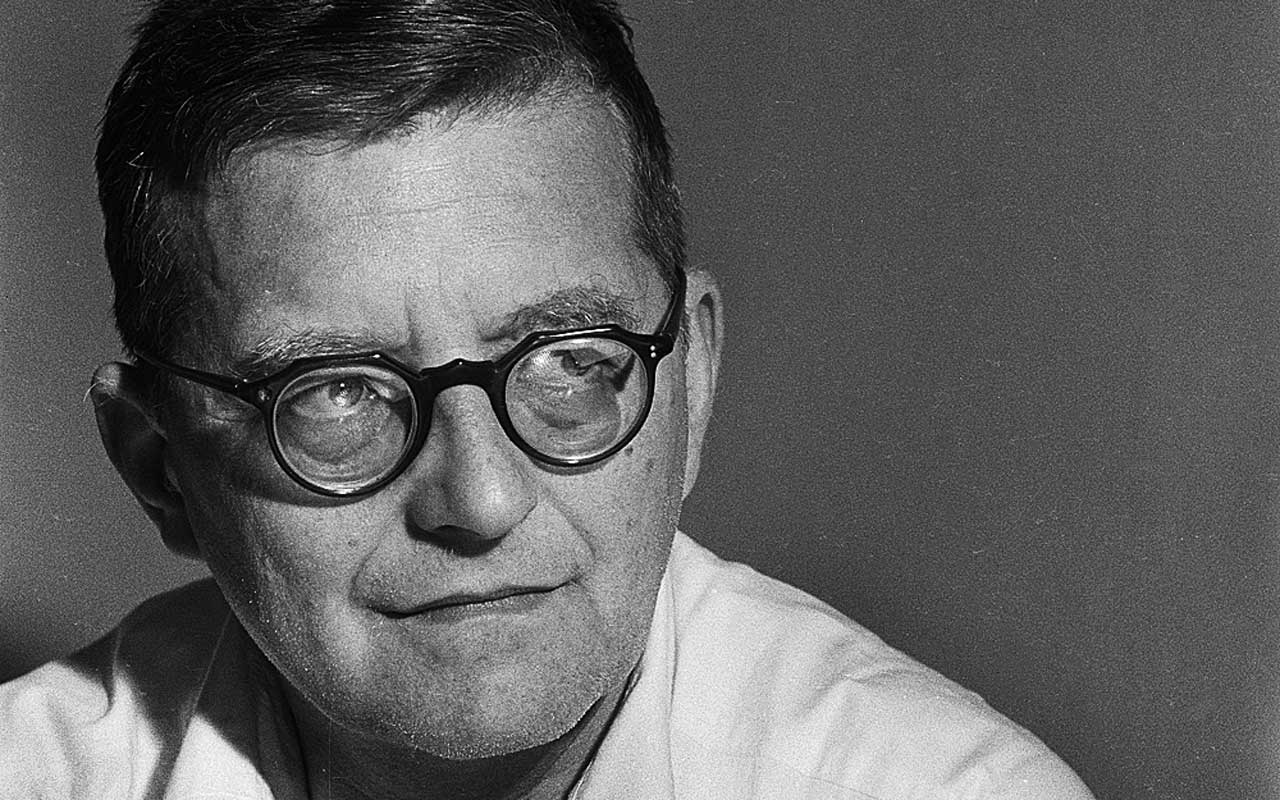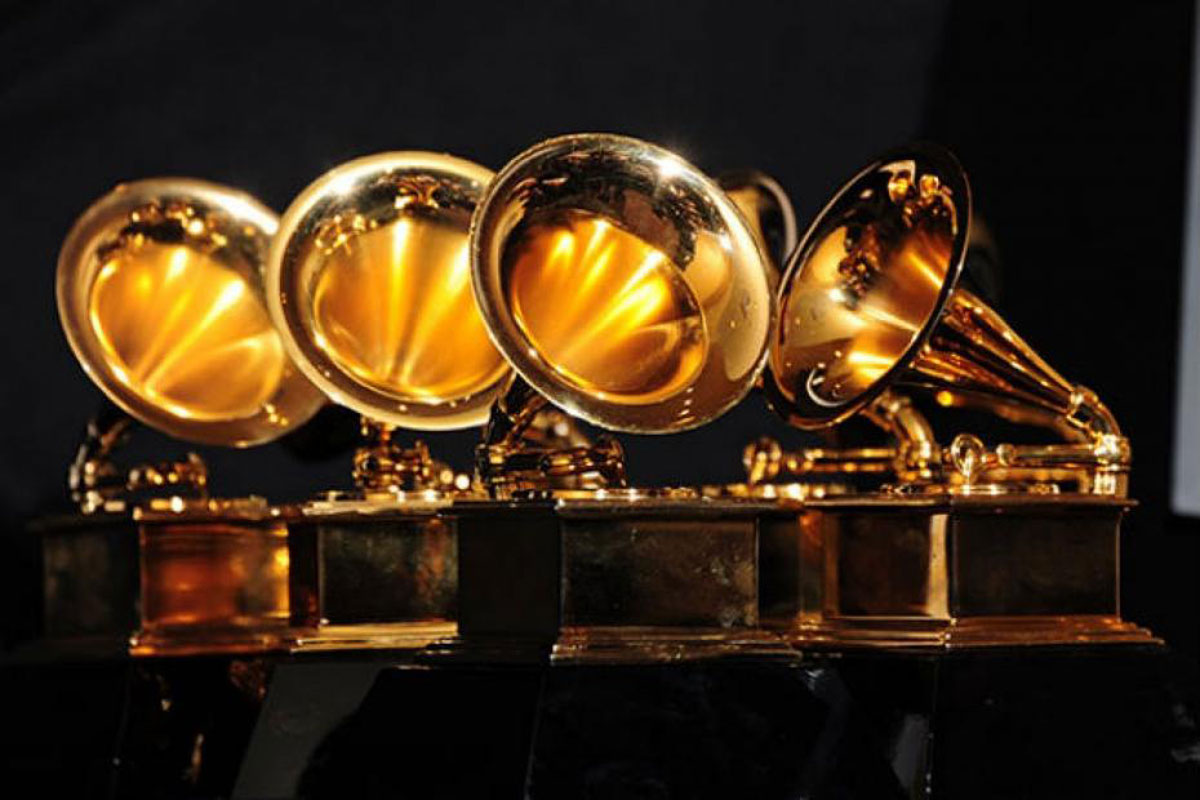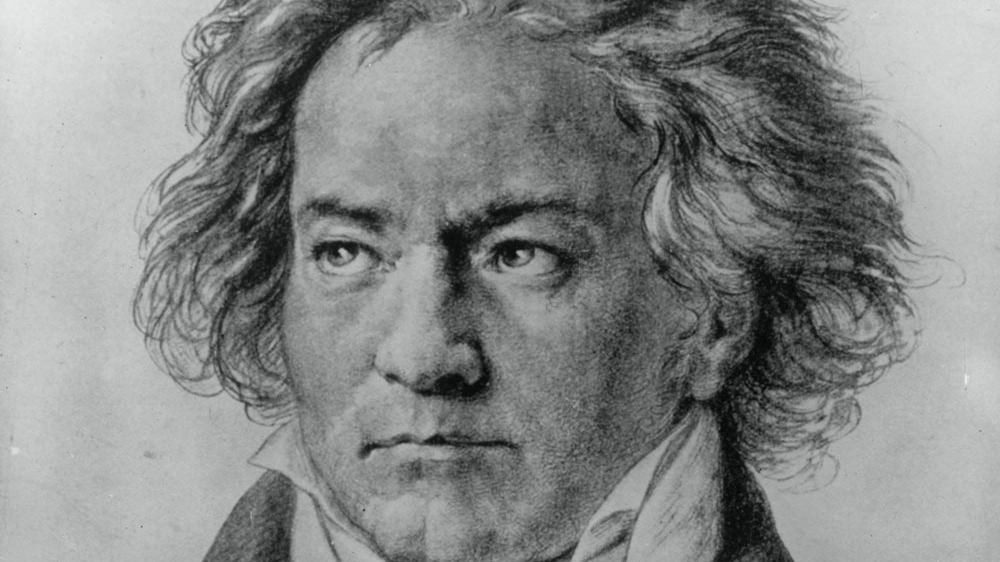Shostakovich’s Enigmatic Sixth
Dmitri Shostakovich’s Sixth Symphony is an outlier…a rule breaker. At first glance, its form seems startlingly unbalanced and arbitrary. It’s cast in three movements rather than four: A slow, darkly ominous first movement followed by two short, almost frivolous scherzos. The result is schizophrenic and unsettling…a jarring juxtaposition of starkly contrasting moods. It’s the quintessential anti-heroic symphony, shattering our hopes and expectations. By the time we reach the final movement, a simultaneously …







